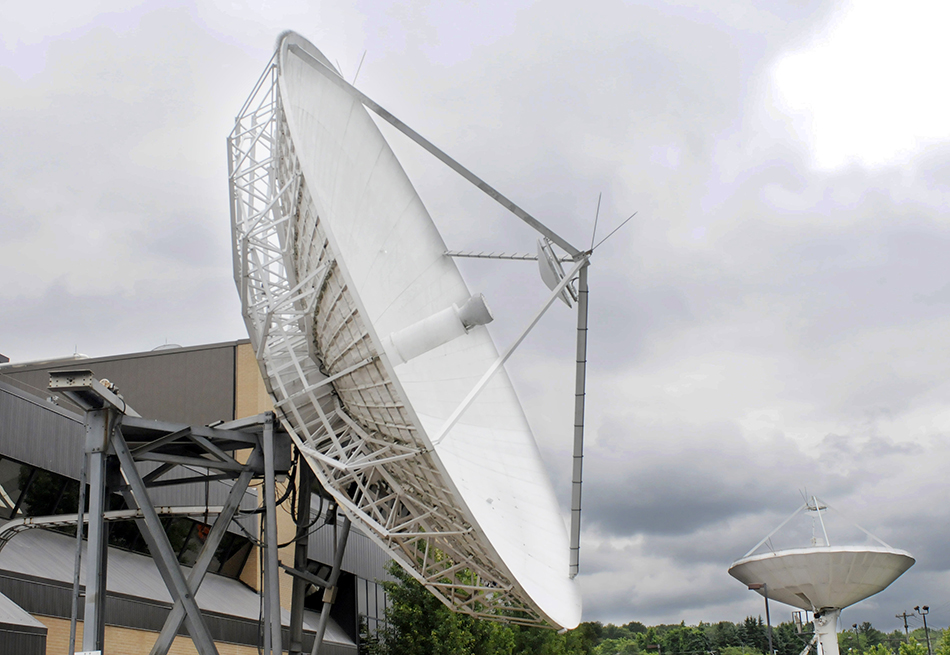AT&T, Verizon Delay C-Band Rollout Over FAA Concerns
Aviation agency had issued warning on impact on altimeters

The smarter way to stay on top of the streaming and OTT industry. Sign up below.
You are now subscribed
Your newsletter sign-up was successful
The skies are getting increasingly unfriendly for the repurposing of the C-band for 5G wireless service.
AT&T and Verizon Communications are delaying use of the C-band spectrum for which they paid tens of billions of dollars at auction.
That came after the Federal Aviation Administration expressed its concerns to The Wall Street Journal and put out a bulletin advising pilots, aircraft owners, manufacturers and others on the potential impact of 5G flexible use operations in the C-band on radio altimeters (RAs), which gauge how close a plane is to terrain. The bulletin talks about potential interference and the need to report it.
“We appreciate the FCC’s work in its discussions with the FAA and others to ensure a data-driven analysis that will again demonstrate that 5G operations in this band pose no risk to flight safety,” said Verizon spokesman Richard Young. ”In the spirit of good faith to allow those discussions to continue, we wrote the FCC to inform it that Verizon will not commercially launch its 5G services using the C-band spectrum for 30 days after the December 5, 2021 transition date. We are confident that this allows time for the FCC to complete any discussions with the FAA. And this will allow us to remain on track to bring the 5G services using the C-band to 100 million Americans in early 2022.“
“At the request of the Department of Transportation, today we have voluntarily agreed to defer Phase I C-band deployments for one month to January 5 while we continue to work in good faith with the FCC and the FAA to understand the FAA’s asserted co-existence concerns,“ said AT&T. ”It is critical that these discussions be informed by the science and the data. That is the only path to enabling experts and engineers to assess whether any legitimate co-existence issues exist.”
The FAA has gone public over issues various agencies were trying to work out through channels, according to legislators at a congressional hearing earlier this week about better interagency cooperation on resolving spectrum disputes.
Rep. Cathy McMorris Rodgers (R-Wash.), ranking member of the House Energy & Commerce Committee, pointed out during a Communications Subcommittee bill markup session that the Federal Communications Commission had talked with the Journal for a story on the C-band and potential altimeter interference.
The smarter way to stay on top of the streaming and OTT industry. Sign up below.
She said that it was a flight operations issue that the FAA, FCC and the industry had been working out with engineers through an interagency process before the FAA went public, which she suggested was the better way to go rather than negotiate it in the press.
Rep. Mike Doyle (D-Pa.), chairman of the Communications Subcommittee, said of the FAA decision to take its concerns public that “holding press conferences was not the way to get things done.”
As the government looks to free up more spectrum for 5G, including more sharing of spectrum with the Defense Department and others, interference issues have proliferated and exposed tensions between the FCC and the National Telecommunications and Information Administration during the Trump administration, though their working relationship has improved.
Verizon paid $45,454,843,197 for 3,511 licenses and AT&T $23,406,860,839 for 1,621 licenses, the top two bidders in the record-breaking auction.
Contributing editor John Eggerton has been an editor and/or writer on media regulation, legislation and policy for over four decades, including covering the FCC, FTC, Congress, the major media trade associations, and the federal courts. In addition to Multichannel News and Broadcasting + Cable, his work has appeared in Radio World, TV Technology, TV Fax, This Week in Consumer Electronics, Variety and the Encyclopedia Britannica.

